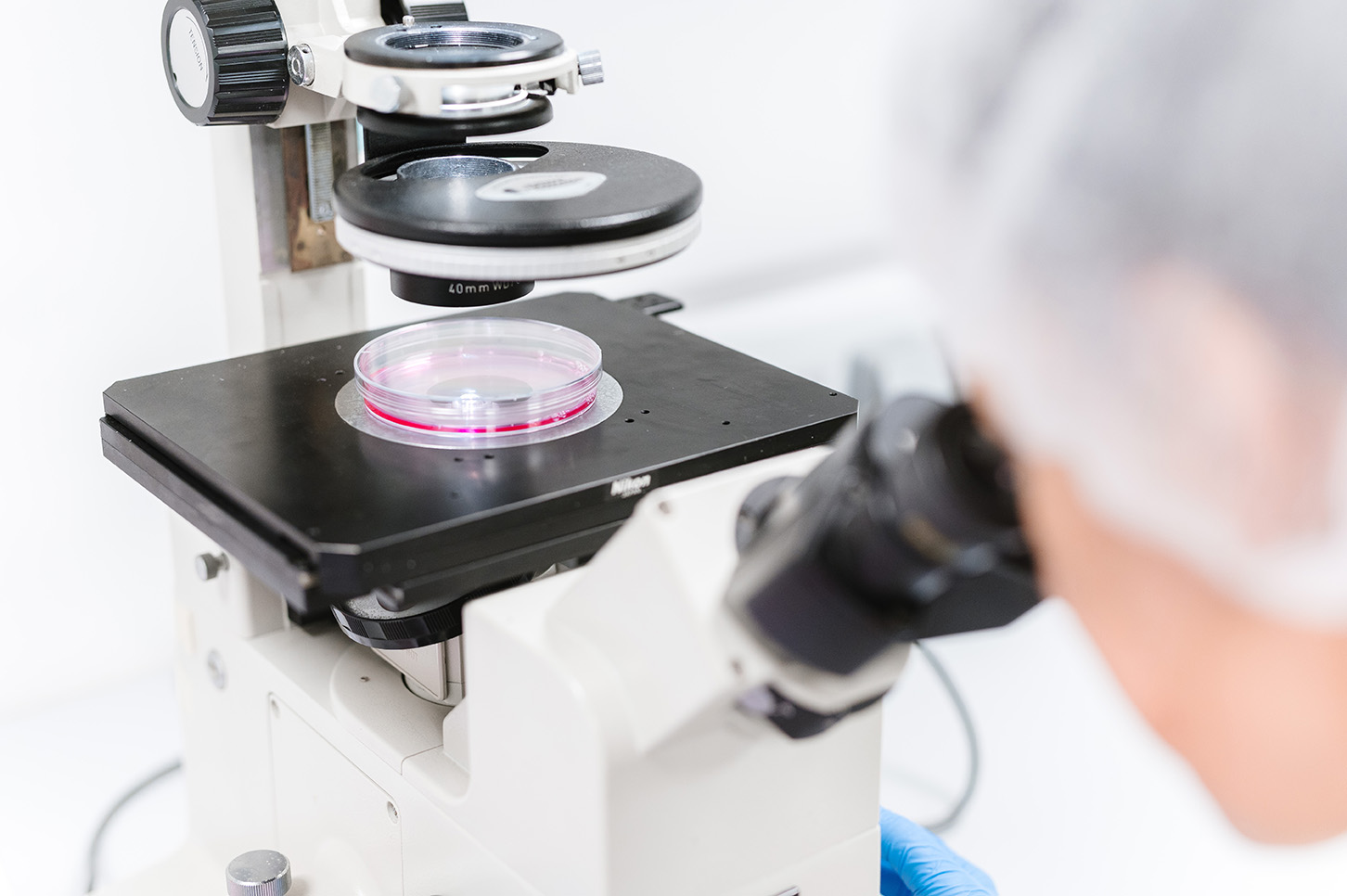The Ministry of Health’s attention remains high following the cases of food listeriosis recorded in several Italian regions. After frankfurters and salmon sandwiches, a new alert for ‘possible presence of Listeria monocytogenes’ also concerns pancakes.
But what does listeria infection consist of and how does it manifest itself?
In humans, the disease caused by Listeria monocytogenes (‘listeriosis’) can be more or less severe depending on whether it occurs in a non-invasive or invasive form
Non-invasive infections may be asymptomatic or cause mild flu-like symptoms or gastro-intestinal symptoms. This form mainly affects people who do not have diseases that reduce the functioning of the immune system. The incubation period is short: one to a few days.
In invasive infections, the bacteria spread throughout the body, causing blood infection, meningoencephalitis and illness in pregnant women (abortion and other symptoms). This form mainly affects people with a reduced functioning of the immune system. The incubation period is up to a month or more.

Causes
“In 99% of cases, the disease is food-borne,” Pomilio points out. “Invasive forms mainly affect high-risk groups of the population: the elderly and infants, immunocompromised individuals (linked to conditions such as HIV or organ transplants) or people on immunosuppressive drugs, cancer or diabetes patients, and, finally, pregnant women.
To avoid all this and the risk of your product being withdrawn from the market, Prochemia is able to follow you and validate the quality of your food products by performing Listeria monocytogenes colony counts according to AFNOR UNI methods.
Please do not hesitate to contact us to arrange an appointment with one of our microbiologist managers.
